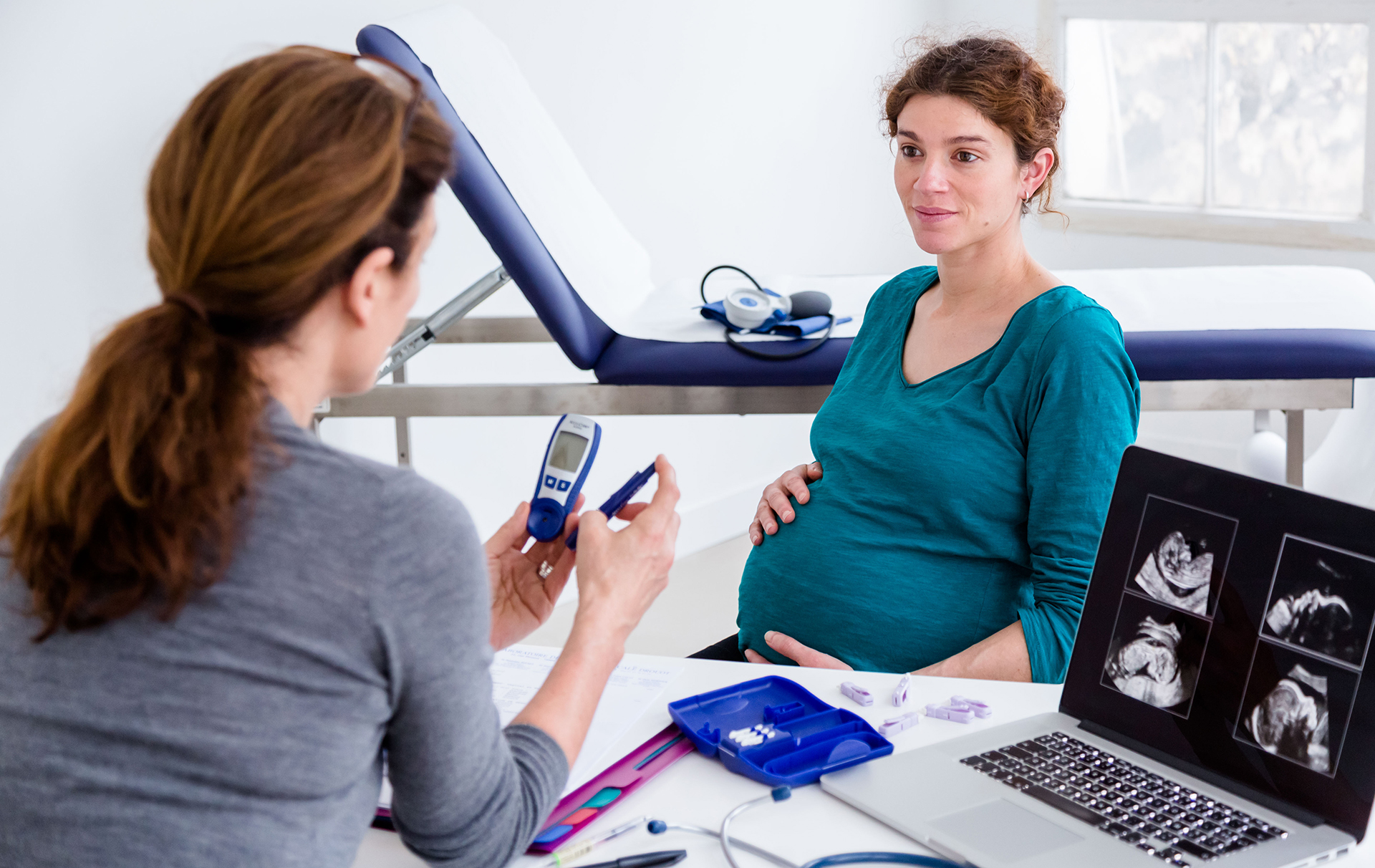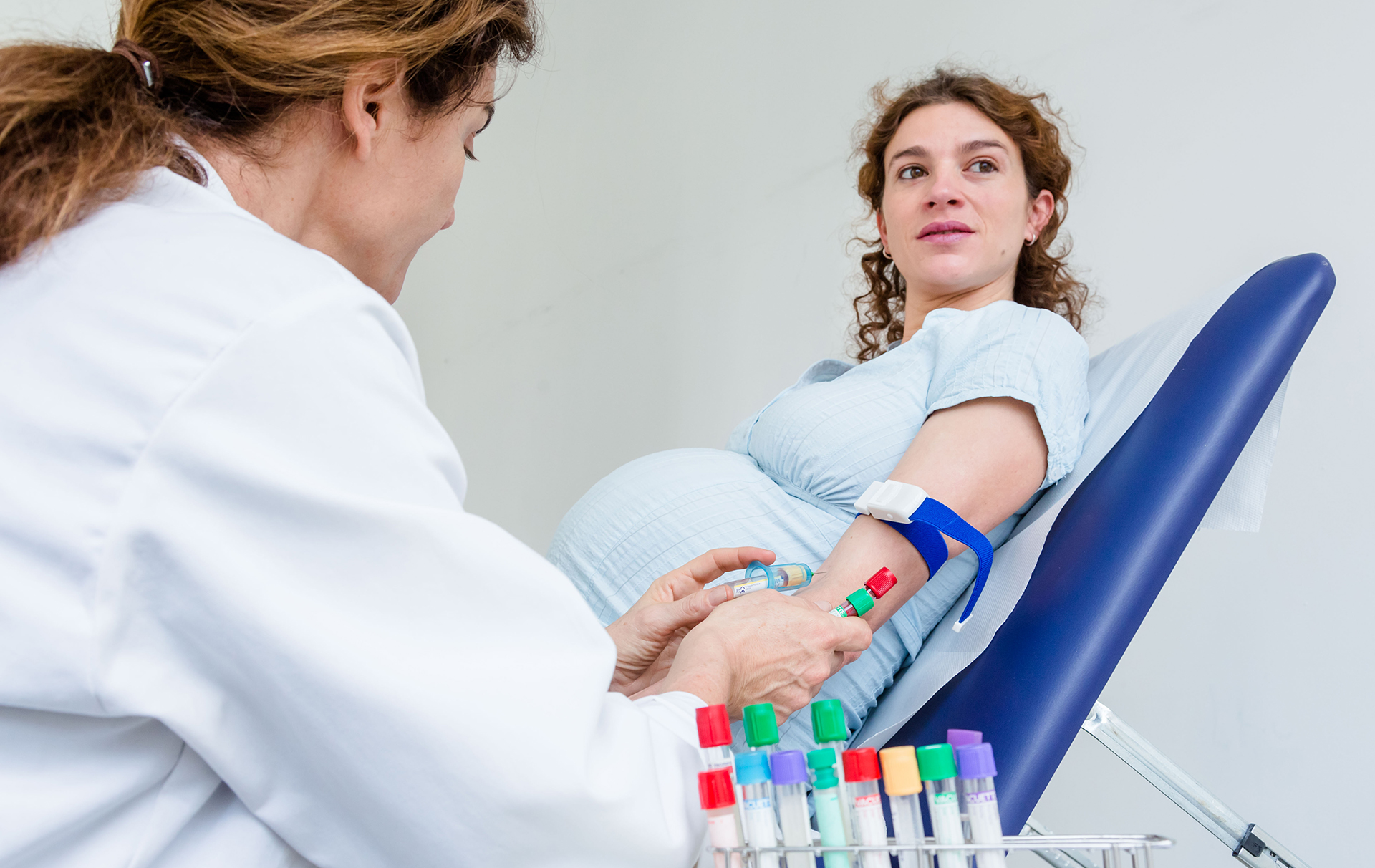The NHS is preparing to roll out a lifesaving test for pre-eclampsia
A trial has shown that a new blood test could save women and babies from life-threatening complications.

A trial has shown that a new blood test could save women and babies from life-threatening complications.
Pre-eclampsia affects about 6 per cent of pregnancies in the UK. The condition usually develops after 20 weeks of pregnancy and is more common in first pregnancies. It’s thought to be caused by a problem with the placenta, which delivers oxygen and nutrients to the developing foetus in the womb.
The condition can cause complications like seizures, stroke and even death. Pre-eclampsia kills around 100 women a year globally, and one woman every 18 months in the UK. It also raises the risk of stillbirth.
It can usually be managed with blood pressure drugs, but the only ‘treatment’ is delivery of the baby and placenta, which can mean a very premature birth.
The condition is usually diagnosed using blood pressure or urine tests, but scientists have argued that these methods are too subjective. This new blood test looks at placental growth factor (PIGF) in the blood instead.

Researchers from King’s College London tested over 1,000 UK women with suspected pre-eclampsia using either the new PIGF test or conventional blood pressure testing. The new blood test led to much quicker diagnoses (after an average of 1.9 days, compared with 4.1 days for conventional testing).
This resulted in a 20 per cent reduction in serious complications – only four per cent of the PIGF group had serious complications compared with five per cent of the control group.
GoodtoKnow Newsletter
Parenting advice, hot topics, best buys and family finance tips delivered straight to your inbox.
‘The evidence shows that widespread PIGF testing could save lives,’ concluded Professor Lucy Chappell, who was the lead researcher on the study. Professor Tony Young, who is NHS England’s national clinical lead for innovation, said that the test would be made more widely available across the NHS as a result of the findings.
‘This innovative blood test, as set out in this new study, helps determine the risks of pre-eclampsia in pregnancy, enabling women to be directed to appropriate care or reduce unnecessary worry more quickly,’ he commented.
Samantha is a freelance writer at Goodto who has been with team since 2019. Initially trained in psychology, she specialises in health and wellbeing and has additionally written for magazines such as Women’s Health, Health & Wellbeing, Top Santé, Healthy, Refinery29, Cosmopolitan, Yahoo, CelebsNow, Good Housekeeping and Woman&Home.